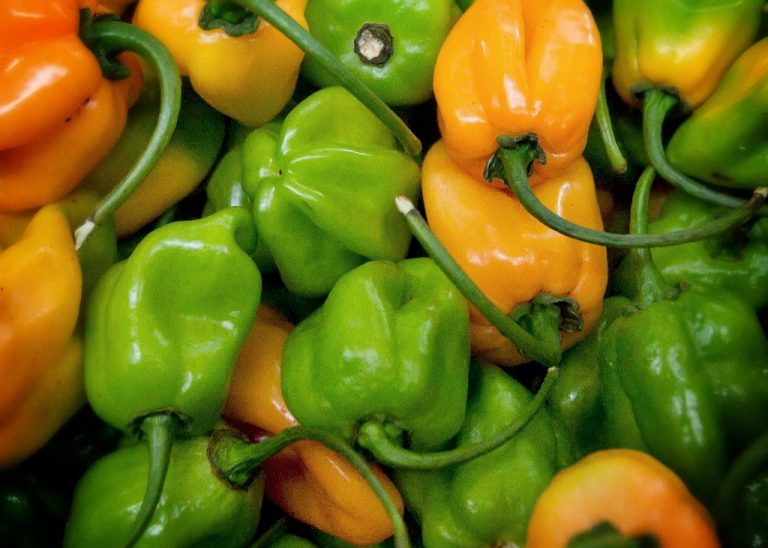As part of an assignment named “Design of Agricultural Systems and Protected Agriculture on Chile Habanero” Yucatecan students conduct research on growing Habanero Chili in a greenhouse using Sustainable Agriculture Engineering.
Students in the tenth semester of Sustainable and Protected Agriculture Engineering at the Universidad Tecnológica del Mayab planted habanero chili (Capsicum Chinense) in a greenhouse, so they could monitor its growth.
This activity is part of a research project in which students will experiment to collect information that they will later share. The objective is for students to obtain significant data on plant growth.
Two types of substrates will be used: microorganisms collected from the forest and nutrient solutions. Professor Efraín Castillo López explained that the purpose is to identify which substrate and fertilization method best favor the development of the crop. As for the substrates with microorganisms, these will be obtained from the “Sojol lu’um” forest and will multiply by dissolving in water, molasses, and bran.
The second type of substrate will consist of nutrient solutions composed of commercial soluble fertilizers such as potassium nitrate, ammonium nitrate, monoammonium phosphate, magnesium sulfate, and micronutrients.
Throughout the growth of the plants, data on variables such as tip height and stem thickness will be recorded. This information will be essential for the research work, and the results are expected to be published in a journal and presented at a demonstration event for producers.


